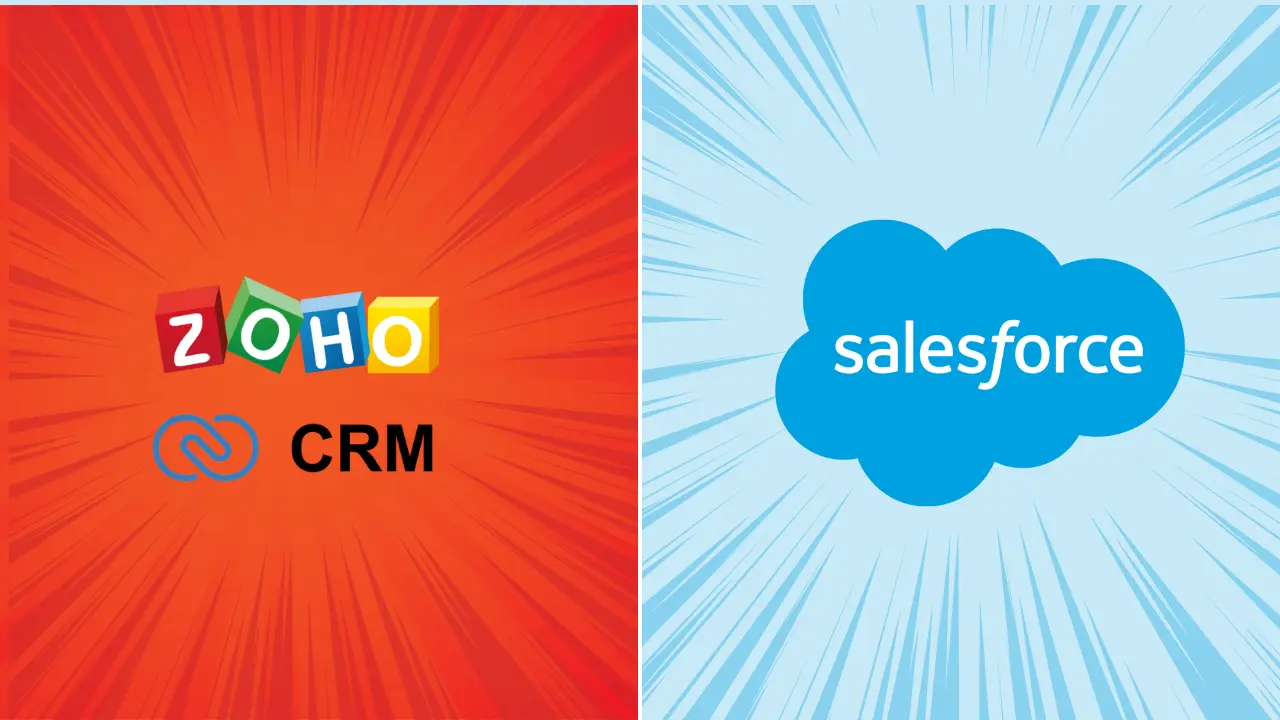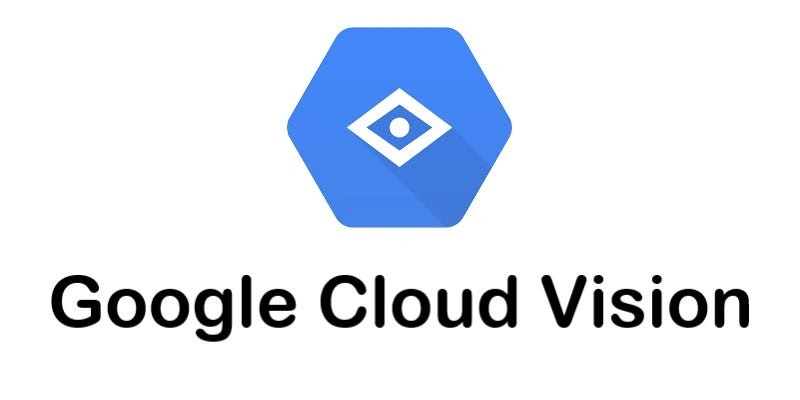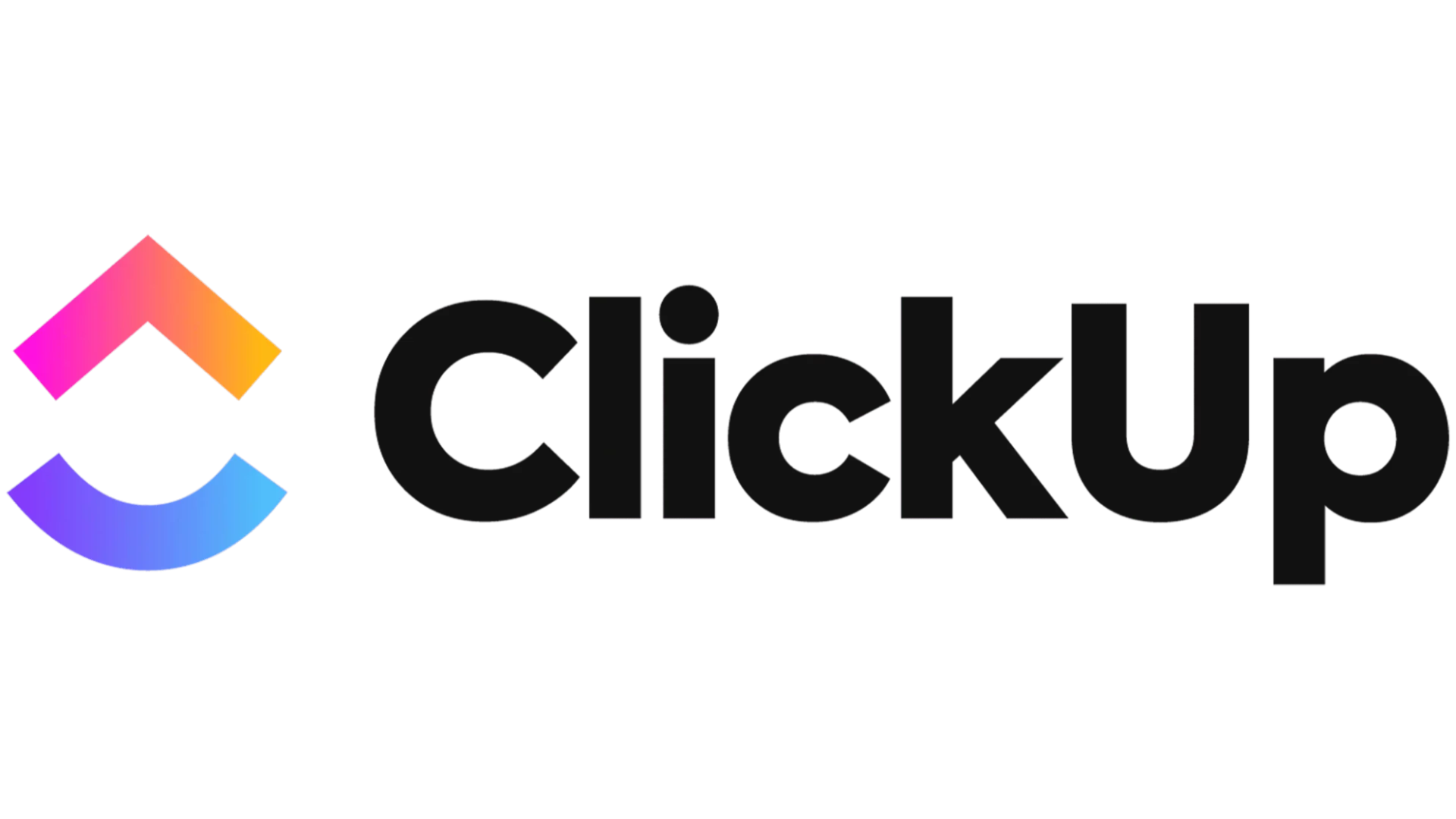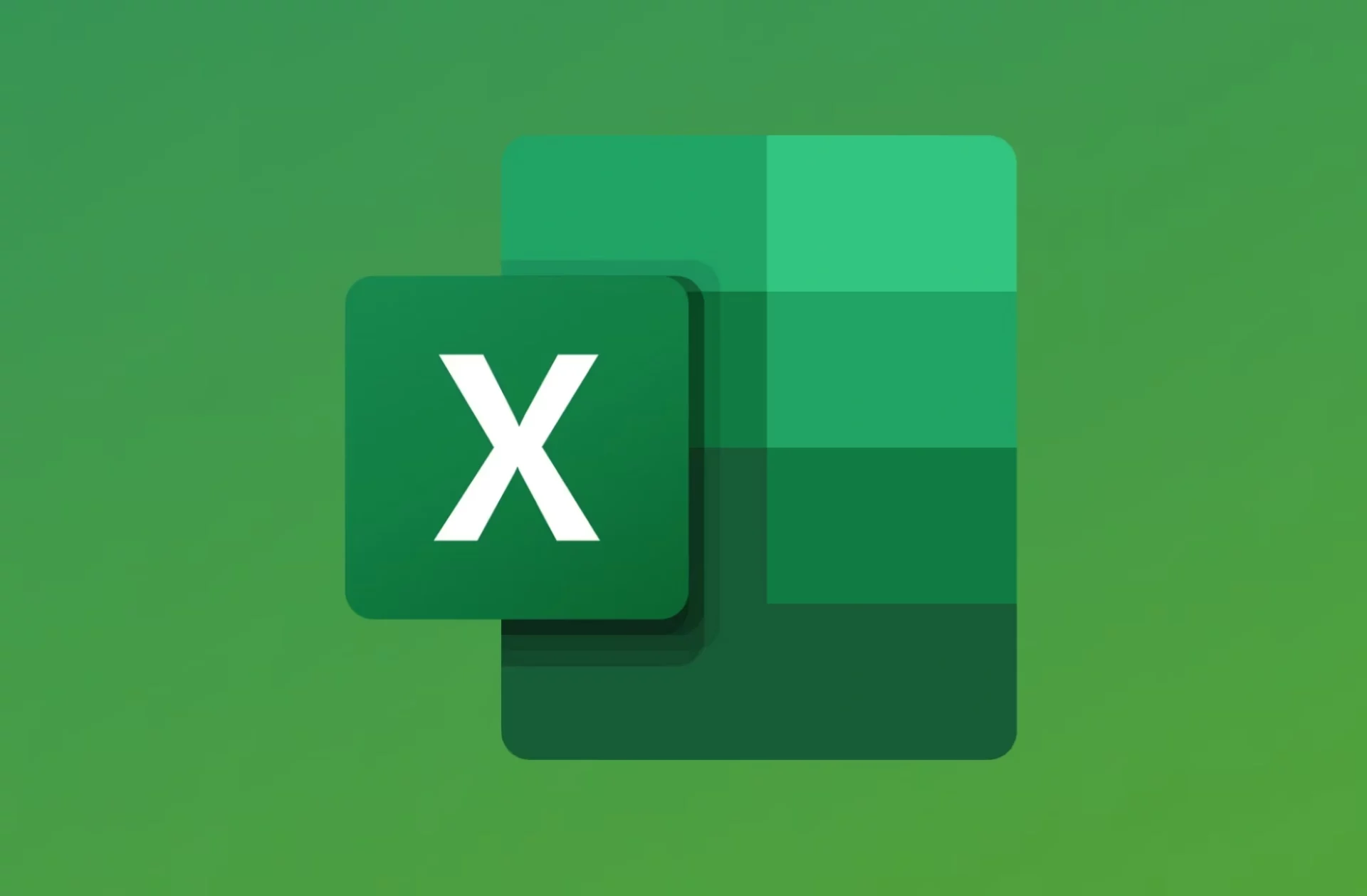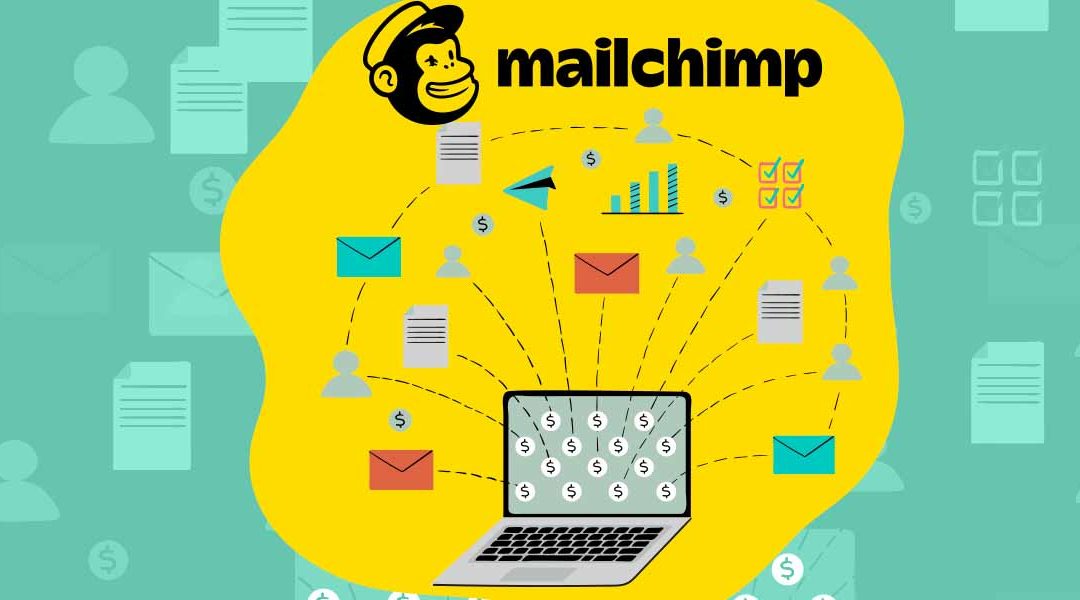Zoho vs Salesforce: Choose the Right CRM Software
Table of Content
Although maintaining relationships with customers using CRM software might be challenging, the correct CRM system should enable your staff to communicate with customers and optimize internal processes more effectively and efficiently. When it comes to comparing CRM software like Zoho and Salesforce, there is no clear winner; instead, whatever CRM platform is best for you depends on your company’s unique requirements.
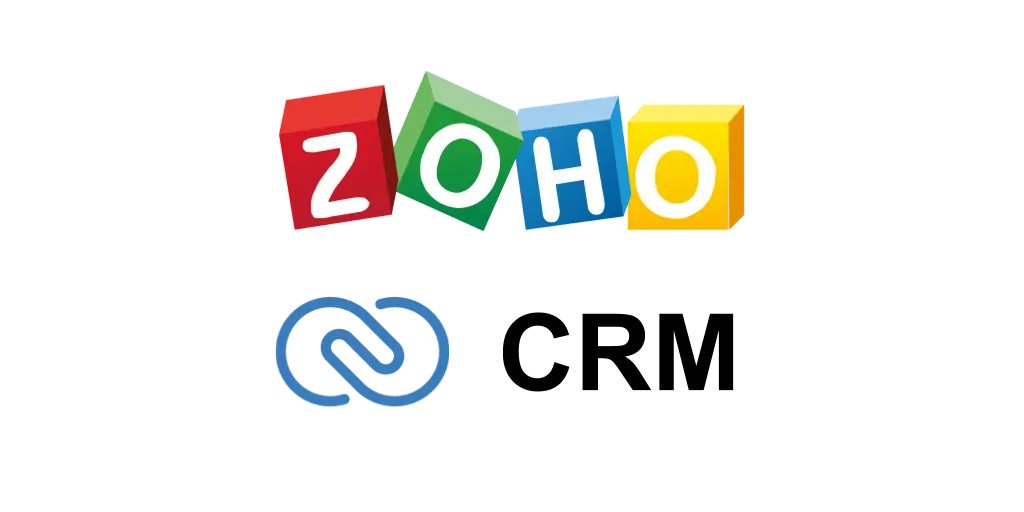
What is Zoho CRM Software?
Zoho CRM is a cloud-based customer relationship management software from Zoho Corporation. Launched in 2005, this CRM aims to enhance enterprises’ overall efficiency by optimizing customer connections and the sales process with process automation tools.
With the Zoho CRM software, customer service, marketing, and sales teams can collaborate on projects and have a common understanding of the customer base. It provides a full range of process automation tools for optimizing client interaction and automating business procedures. Any size company, big or small, can depend on Zoho CRM to help them reach their goals of success.

What is Salesforce CRM Software?
Salesforce, a cloud-based Software-as-a-Service customer relationship management platform, was launched in February 1999 by Marc Benioff and Parker Harris. This CRM facilitates the easy storage, retrieval, and management of client data by enterprises.
Since Salesforce is a cloud-based CRM system, any device with an active Internet connection can easily access it.
While the Zoho CRM software has gained acclaim for providing outstanding value in terms of cost per user, Salesforce is known for being a high-end, highly scalable CRM solution. Let’s examine what makes them unique and how they tackle different areas.
Product Capabilities
Zoho
With capabilities that are both comprehensive and versatile, the Zoho CRM software shines in affordability and simplicity while meeting the essential needs of the majority of sales operations with process automation tools. The Zoho CRM software offers a complete solution for tracking contacts, transactions, events, activities, pipelines, and KPIs.
It further sets itself apart by providing special features for each of its product tiers. For example, the graphical user interface designer Canvas is included with all paid subscriptions, and Professional users may access SalesSignals for real-time lead interaction notifications.
Salesforce
With a large add-on ecosystem, related products, and a sizable consultant community, the Salesforce CRM software is well-known for its wide and highly customizable CRM services. With features like configure, price, quote functionality, real-time sales insights driven by AI, internal chat platform Chatter, various developer sandboxes, lead registration, and sharing, and a no-code app builder, even its out-of-the-box features are among the most robust in the business.
In conclusion, Salesforce provides an extensive and highly flexible feature set.
Ease of Use
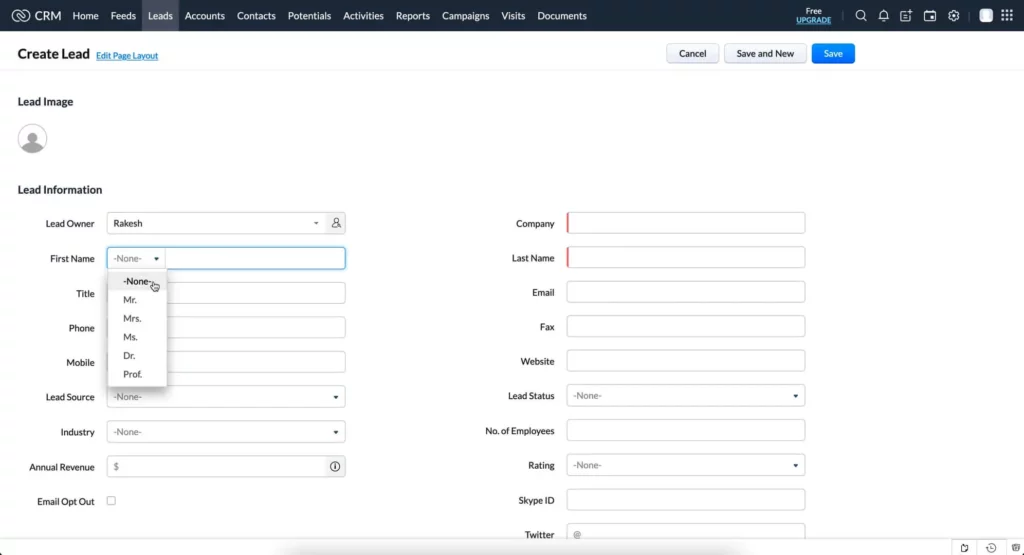
Zoho CRM
User reviews indicate that the Zoho CRM software is particularly notable for having an easy-to-use interface that is both straightforward and simple to browse. Its unique feature, Canvas, lets customers easily adapt the CRM layout to their preferences with a drag-and-drop design interface similar to website builders. This visual customization feature is a big advantage over rivals like Salesforce CRM software, where these kinds of changes may get quite complicated.
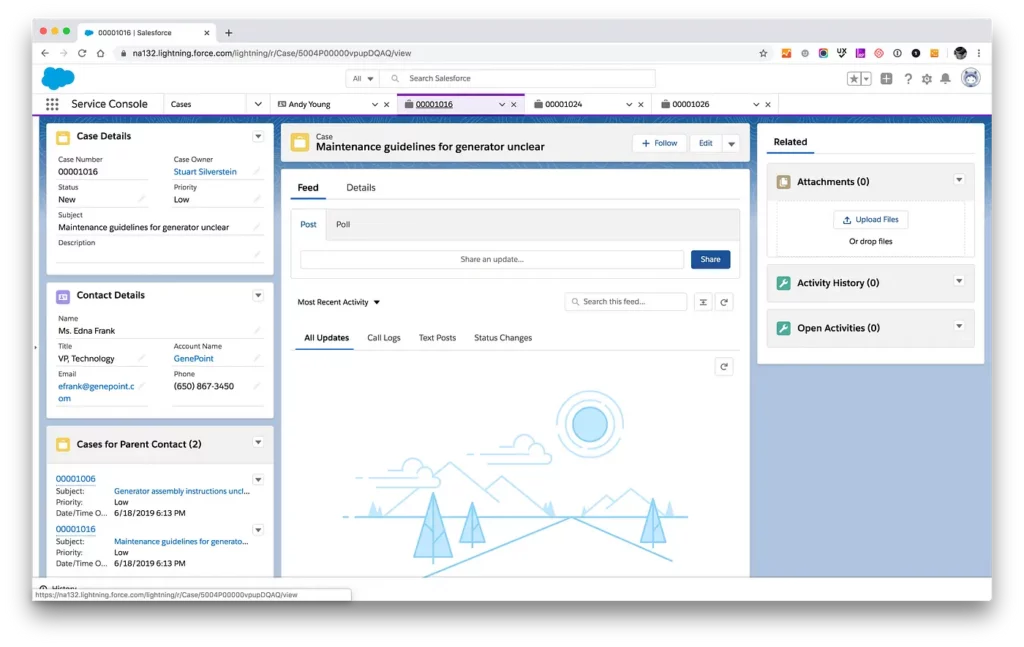
Salesforce CRM
Users have admitted that setting up and configuring the Salesforce CRM software can be a difficult and time-consuming procedure. Many find it difficult to set up the platform to match their unique business demands right out of the box, frequently requiring the help of consultants and dedicated administrators. When set up correctly, the Salesforce CRM may produce an excellent user interface, although the experience might vary throughout the platform’s interfaces.
In conclusion, the Zoho CRM software is the obvious choice for companies that value simplicity of use and a flawless setup process.
Scalability
Zoho
Small per-user cost intervals between product tiers and customizable contractual terms make Zoho CRM a great option for growing enterprises. The costs of growth are reduced as a business expands, guaranteeing a seamless move to higher levels with more capabilities.
Even though Zoho CRM’s feature set may not be as extensive as Salesforce’s, it still delivers great value for the money—especially in light of Salesforce’s inconsistent pricing for its process automation tools. Additionally, Zoho’s wide selection of complimentary products and its easy integration capabilities make it an effective “operating system” that helps firms develop and scale.
Salesforce
Enterprise users were the main focus of the Salesforce CRM software design, in contrast. Large enterprises are the target market for their extensive feature set and array of complimentary solutions with process automation tools, which include Marketing Cloud, Service Cloud, and Commerce Cloud.
In conclusion, Zoho CRM is the best choice for companies looking for a scalable CRM system that can expand their organization.
Pricing
Zoho
With a basic free version and progressive price increases between subscription tiers, the Zoho CRM software offers a fairly priced solution that could be the best CRM for small businesses. The smallest organizations can benefit from the free edition, which has all the necessary functions including calendar management, contact, deal, and task management.
Paid tiers of the Zoho CRM offer more features including social network integration, personalized dashboards, AI-powered insights, and advanced analytics with process automation tools. The Standard and Ultimate tiers differ by only $38 per user each month. Additionally, Zoho has adjustable monthly billing choices, which makes it a scalable and best CRM for small businesses.
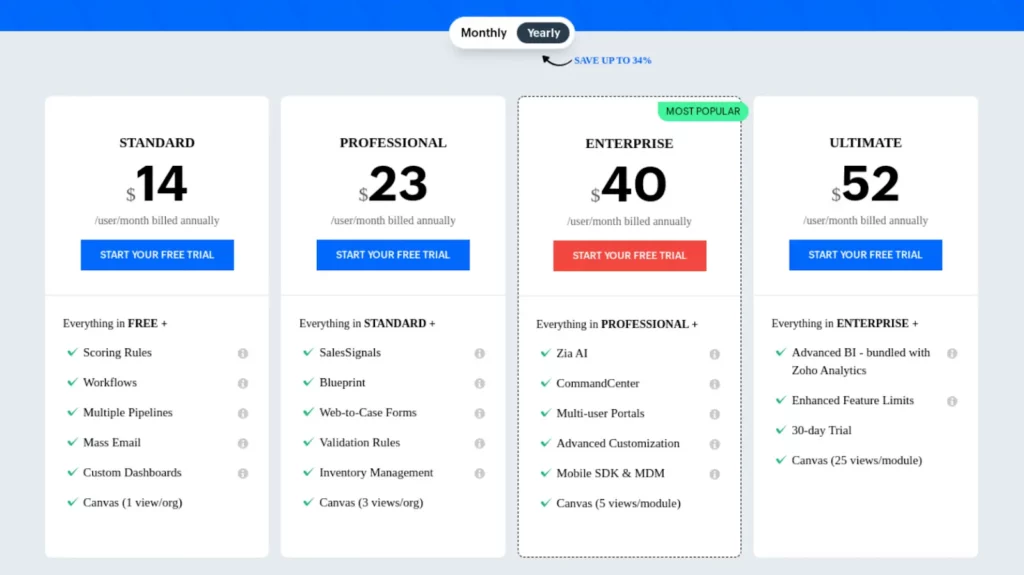
Salesforce
In contrast to other CRM platforms, the Salesforce CRM solution is renowned for its high cost. Although it provides a generous 30-day free trial, there is no monthly subscription option available. There is a large price leap from the Essentials tier (limited to 10 users) to the Professional tier, which makes the pricing structure quite pricey, especially for smaller enterprises looking for the best CRM for small businesses.
Furthermore, more expensive plans like Enterprise and Unlimited for the Salesforce CRM software might not be worth the significant price increases; instead, they frequently come with a hefty price tag for add-ons, consultants, and setup help.
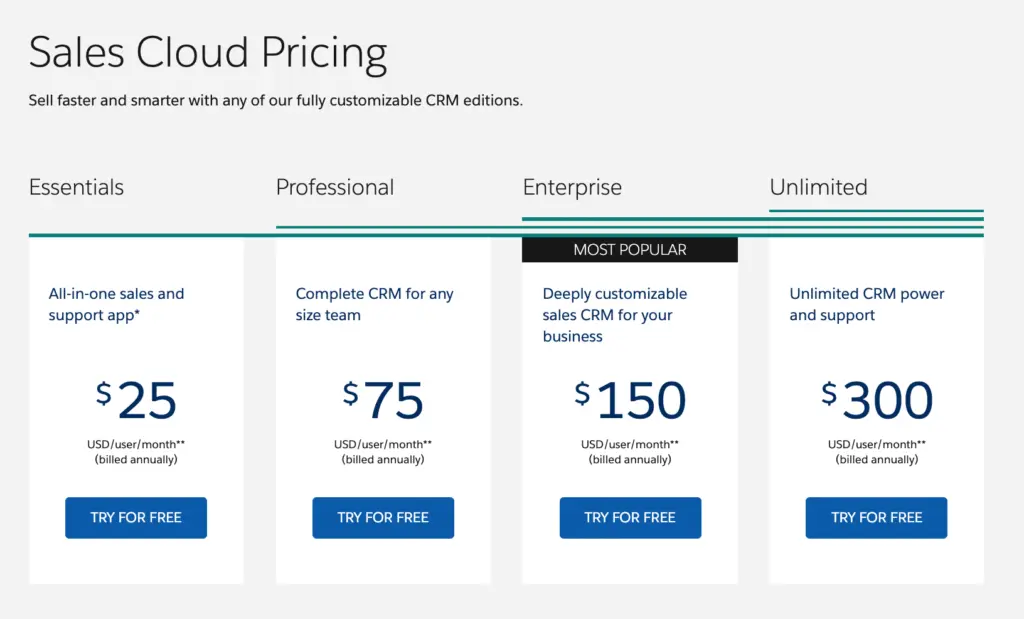
In conclusion, Zoho CRM is the obvious choice for companies looking for flexibility and affordability. For companies of all sizes, especially those on a tight budget or looking for an affordable solution without compromising on capabilities, its clear pricing structure, progressive tier upgrades, and free version make it a compelling choice.
Integrations and App Ecosystems
Zoho
Desk, Vault, Mail, Books, and Checkout are just a few of the many business SaaS solutions that Zoho provides. Zoho CRM is one of them. These stand-alone products offer a whole ecosystem of reasonably priced, lightweight solutions that are easily incorporated into any business operation.
To further increase its adaptability, Zoho CRM has a large range of native connectors with well-known productivity tools, phone systems, and finance apps. Zoho’s marketplace offers diverse apps and add-ons. Companies can customize configurations and easily integrate with other industry-specific tools.
Salesforce
One of the most seasoned companies in the SaaS market, Salesforce has one of the broadest ecosystems of add-ons, supplementary goods, data tools, and apps in the whole CRM market. With over 4,600 software add-ons, pre-built Lightning applications, and listings for over 2,000 consultants, the Salesforce AppExchange is a sizable marketplace.
Even while there are countless customization options available thanks to this vast ecosystem, it’s vital to remember that many of these setups and add-ons have a price tag, which could raise the total amount needed.
In conclusion, both Zoho and Salesforce provide strong integration features and sizable app ecosystems to meet a variety of business requirements.
Summary
While Zoho and Salesforce both offer comprehensive CRM solutions catering to different business sizes and needs, they share a common limitation: the lack of truly customizable automation tools. Zoho excels in user-friendliness and affordability, making it ideal for small to medium-sized businesses, while Salesforce provides extensive features and customization options suited for large enterprises. However, both platforms fall short of providing a flexible, easy-to-use automation system that can be tailored to unique business processes without extensive technical expertise.
This gap in customization highlights the need for a more adaptable solution, which is where Robylon AI enters the picture.
Robylon AI addresses the customization challenges faced by businesses using traditional CRM systems. By enabling users to create AI assistants that understand their specific requirements, Robylon AI allows for the development of tailored automation workflows using simple, natural language commands. Robylon AI’s comprehensive suite of features, including Actions & Workflows, Usage Analytics, Triggers & Schedulers, and an Integrations Ecosystem, provides a powerful toolkit for streamlining not just CRM processes, but various business operations.
Sounds interesting? Book a demo with us!
FAQs
What are the main differences between Zoho CRM and Salesforce CRM?
Zoho CRM and Salesforce CRM differ primarily in their target audiences, pricing structures, and ease of use. Zoho CRM is designed for small to medium-sized businesses with an intuitive interface. It offers affordability and various process automation tools. Salesforce CRM caters to larger enterprises with extensive customization options and features. It has a higher cost and a steeper learning curve.
Which CRM software is more affordable for small businesses?
Zoho CRM is generally more affordable for small businesses. It offers a free version and competitive pricing for its paid tiers, making it accessible to organizations with tighter budgets. Salesforce, while powerful, tends to be more expensive and is better suited for enterprises with larger budgets.
How do Zoho CRM and Salesforce CRM handle process automation?
Both Zoho CRM and Salesforce CRM offer robust process automation tools. Zoho CRM offers automation features like workflow rules, macros, and AI-powered insights. It’s suitable for businesses of all sizes. Salesforce CRM offers advanced automation with AI-driven sales insights and CPQ functionality. It also features a powerful app builder.
Can both Zoho CRM and Salesforce CRM integrate with other business tools?
Yes, both Zoho CRM and Salesforce CRM offer extensive integration capabilities. Zoho CRM integrates with various productivity tools, phone systems, and financial apps. It’s supported by an extensive marketplace. Salesforce CRM’s AppExchange offers over 4,600 software add-ons and numerous pre-built applications. Many come with additional costs.
Which CRM software is easier to use and set up?
Zoho CRM is generally easier to use and set up compared to Salesforce CRM. Zoho’s interface is user-friendly and straightforward, with features like Canvas allowing for easy customization. Salesforce is highly customizable but complex to set up. It often requires technical expertise, making it less accessible for some users.
How do Zoho CRM and Salesforce CRM support business scalability?
Both Zoho CRM and Salesforce CRM support business scalability, but in different ways. Zoho CRM offers small per-user cost intervals and flexible contractual terms, making it a great option for growing businesses. Its feature set, though not as extensive as Salesforce’s, provides excellent value for the money. Salesforce CRM targets large enterprises with extensive features and integrations. Its scalability offers benefits but increases cost and complexity.
